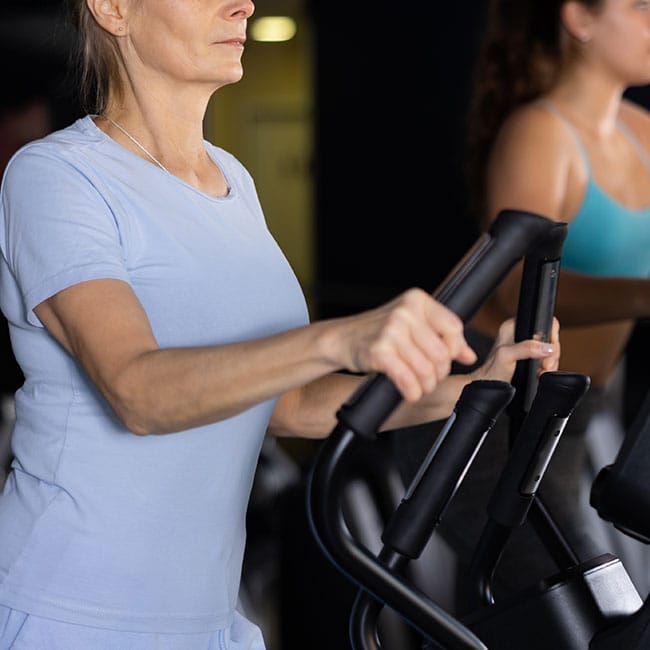This is an archived article and the information in the story may be outdated. Please check the time stamp on the story to see when it was updated last.
Insomnia can be incredibly frustrating. Even if you’re tired all day, you may find yourself tossing and turning through the night. Poor sleep can negatively affect you in many ways, from your immune system to your brain function. Another surprising function it affects is your metabolism—when you don’t get enough good quality sleep, it can make weight loss and management more difficult. Making sure you’re leading a lifestyle that promotes good rest is crucial for your overall well being, and that starts with your diet. Knowing how what you’re eating affects you, and when you’re eating it, is the first step in leading a life that supports good sleep hygiene. Many popular nighttime snacks are often a contributing factor to insomnia. What is one snack you should avoid if you struggle with getting to sleep and staying asleep?


To answer this question, it’s first important to understand the most common root causes of insomnia. “There are 3 general types of insomnia – acute, transient and chronic,” says Aimee Nicotera, a health coach, certified trainer, and exercise physiologist. Acute insomnia is typically short term and caused by temporary stressors, while transient insomnia lasts for less than a week, and may be triggered by a physical or psychological problem. Chronic insomnia refers to insomnia lasting more than a month, and is most often associated with another co-existing medical or psychological problem.
Common pressures that may make insomnia worse are stress, life transitions, hormonal changes, medication, and use of drugs or alcohol. Additionally, things as simple as an undesirable sleep environment or temperature changes may cause significantly more tossing and turning or waking throughout the night. Being aware of what is out of the ordinary in your life and may be adding stress to your life is a necessary step in understanding your insomnia and combating it.

When it comes to nighttime snacks that may be making your insomnia worse, Nicotera says it all comes down to how digestible the food you’re eating is. “Large portions and snacks excessively high in fat take longer to digest and may contribute to difficulty falling and staying asleep,” she says, “In addition, snacks that are spicy or very acidic can trigger heartburn, which can make it challenging and uncomfortable to get to sleep.” She suggests staying away from fried foods, spicy salsas, and sauces.
If your nighttime taste buds lean toward the spicy and savory, Nicotera has a few swaps you can make that won’t cause insomnia, and may actually help you sleep better. “Foods containing tryptophan, an essential amino acid that plays a part in the production of serotonin and melatonin, can be used to promote sleep,” she says, “Examples of foods and snacks that contain tryptophan include pumpkin seeds and most nuts.” One of her go-to nighttime snacks to recommend is a “trail mix” containing pumpkin seeds, almonds, pistachios, cashews, dried tart cherries and goji berries, all of which boost melatonin production.
Insomnia is very frustrating, and when untreated can be debilitating when you’re trying to get through your day. tweaking your lifestyle and routines can help promote sleep, but if you find that your insomnia does not get better with these changes, consult with your doctor to come up with a treatment plan uniquely tailored to your needs.


























